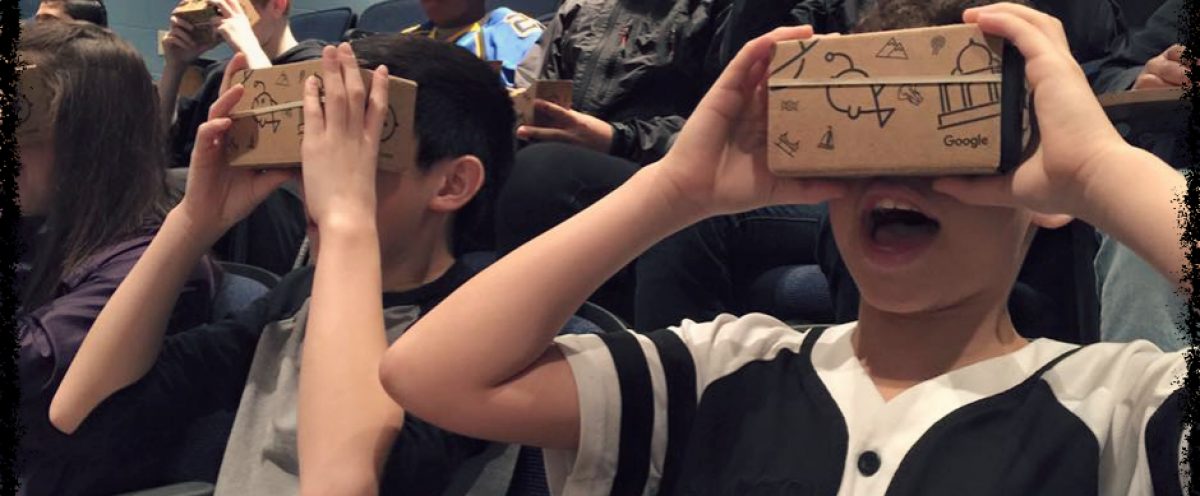Bought another Hacking book. This one is Hacking Instructional Design: 33 Extraordinary Ways to Create a Contemporary Curriculum by Michael Fisher and Elizabeth Fisher.
The preface, yes, the preface, has a series of stone cold factual statements that need to be read, said, and understood. Here’s one, “The way we’ve always done it has run its course. When we think about how we are going to prepare our children for life after school, nostalgia is no longer on the table. We need to focus on the things that matter to the student, the student’s world, and how the world will receive this student into its global citizenry.”

I’ve written before about this notion of nostalgia. Actually, almost a year ago to the day! And here it is again. “…nostalgia is no longer on the table.” I still agree. And yet, I wonder what one year has done?
Here’s another doozy. “Students are thirsty for investigating what matters to them. We must give them that chance. Our current system of education shouldn’t be the barrier that hinders their learning; it should be the fuel that launches it.
And another, “We must defend innovation. We need more innovation in schools. We’re getting nowhere with antiquated curricula that blocks creative problem-solving and cross-disciplinary learning. Students need to learn things that are just in time rather than just in case. In order to innovate, students need to take risks, make mistakes, and fail. And then do it again. And then do it again. Failing early and failing often creates a cycle of iteration and a learning mode that invites trial and error, discovery and exploration, and intrinsic motivation.”
I LOVE the line, “Students need to learn things that are just in time rather than just in case.” WOW! And just in case is nostalgic. I’ve heard myself answer a question from a kid, “You’re going to need this later.” Just in case.
Two more. First, “We must create a culture of connection rather than a culture of correction. How we interact with each other matters now more than ever. We are the only humans in the history of humanity who have been as well-connected as we are now. That’s a lot of overlapping of talents, and a lot of opportunities. Yet we are losing the possibilities that lie within the overlap by continuing to separate politically, socially, and culturally. Communicating and collaborating are key 21st-century skills.”
And bringing it all home, “We must commit to our objective of loyalty to learning and the learner. It no longer matters just what students know. It matters what they can do with what they know. Contemporary students don’t necessarily need teachers to gift them with knowledge. Knowledge lives everywhere now. Everybody has access to everything. Contemporary students do need teachers to help them sort, sift, connect, sophisticate, construct, create, explain, and evaluate all that is out in the ether.”
I would encourage each educator to simply take a look around your daily life. Look at how you do things. Look at how you communicate with other people. Look at how you order things.
And here’s my example from this very morning. I needed to order refill cartridges for my electric razor. I called out, from the bathroom, “Alexa, reorder shaving refill cartridges.” And I heard, “Looking at your last order….is that what you want?” I said, “Yes.” And Alexa said, “Done.” I take that level of interactivity and communication for granted these days. And in 5 years, that will probably seem nostalgic.

We need to give kids the chance to practice skills for tomorrow. Not fill them with ‘just in case’ learning today, for a world that doesn’t exist anymore. Just ask Alexa.
